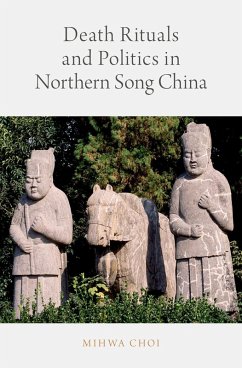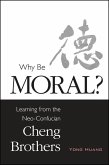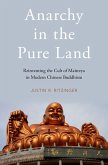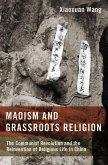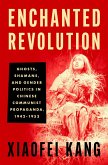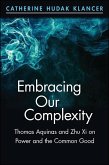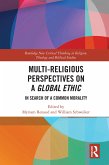In traditional China, a funeral and the accompanying death rituals represented a critical moment for the immediate family of the deceased to show their filial piety, a core value of the society. At the same time, death rituals were social occasions, and channels for the outward demonstration of belief in a religiously pluralistic society. During the Northern Song period, however, death rituals increasingly became an arena for political contention as attempts were made to transform these practices from a private matter into one subject to state control.
Death Rituals and Politics in Northern Song China examines how political confrontations over the proper conduct of death rituals during Northern Song dynasty (960-1127) inaugurated a period of Confucian revivalism. Mihwa Choi interprets Northern Song court politics, family ritual practices, burial practices, and the popular imagination of the afterlife as sites of contest between groups of varying social status, political vision, and religious belief. She demonstrates that the oversight of ritual affairs by scholar-officials helped them gain the political upper hand they sought, and, more broadly, fostered a revival of Confucianism as the dominant value system of Chinese society in the period that followed.
Dieser Download kann aus rechtlichen Gründen nur mit Rechnungsadresse in A, B, BG, CY, CZ, D, DK, EW, E, FIN, F, GR, HR, H, IRL, I, LT, L, LR, M, NL, PL, P, R, S, SLO, SK ausgeliefert werden.
Hinweis: Dieser Artikel kann nur an eine deutsche Lieferadresse ausgeliefert werden.

